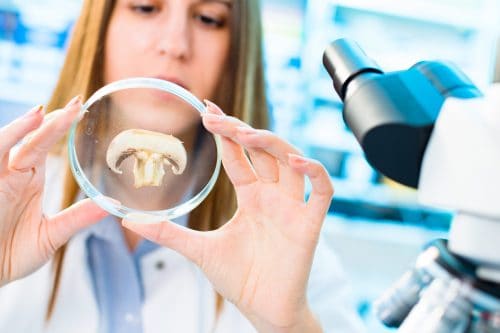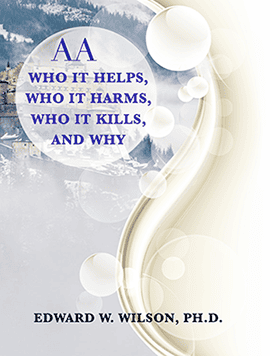Addiction Treatment is Sick, Not the People Treated
Posted on February 12, 2021
by Thaddeus Camlin, PsyD
Labeling people who’ve been traumatized as sick, is sick. There’s nothing pathological about being severely affected by the worst of life’s horrors. There is something deeply pathological when natural reactions to unnatural situations are described as sickness and disease. There’s nothing sick or diseased about someone experiencing post-traumatic stress after catastrophic events then easing the aftershocks with substances that provide fast-acting relief. Substance use is an adaptive effort to cope with life problems, and until we figure out ways to effectively and reliably help people who suffer from post-traumatic stress people will continue to take matters into their own hands. The problem is not the people in addiction treatment, the problem is the woefull...
full story










